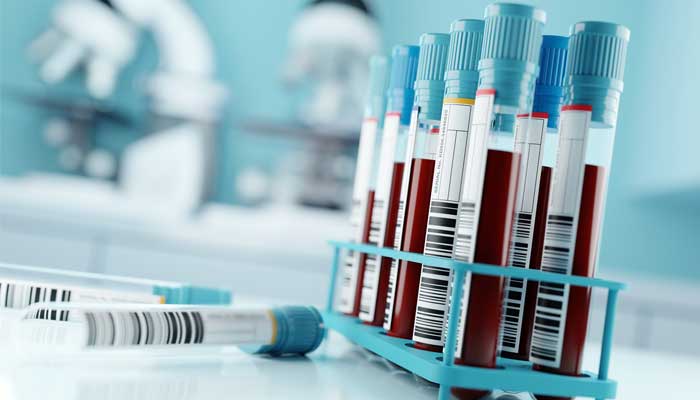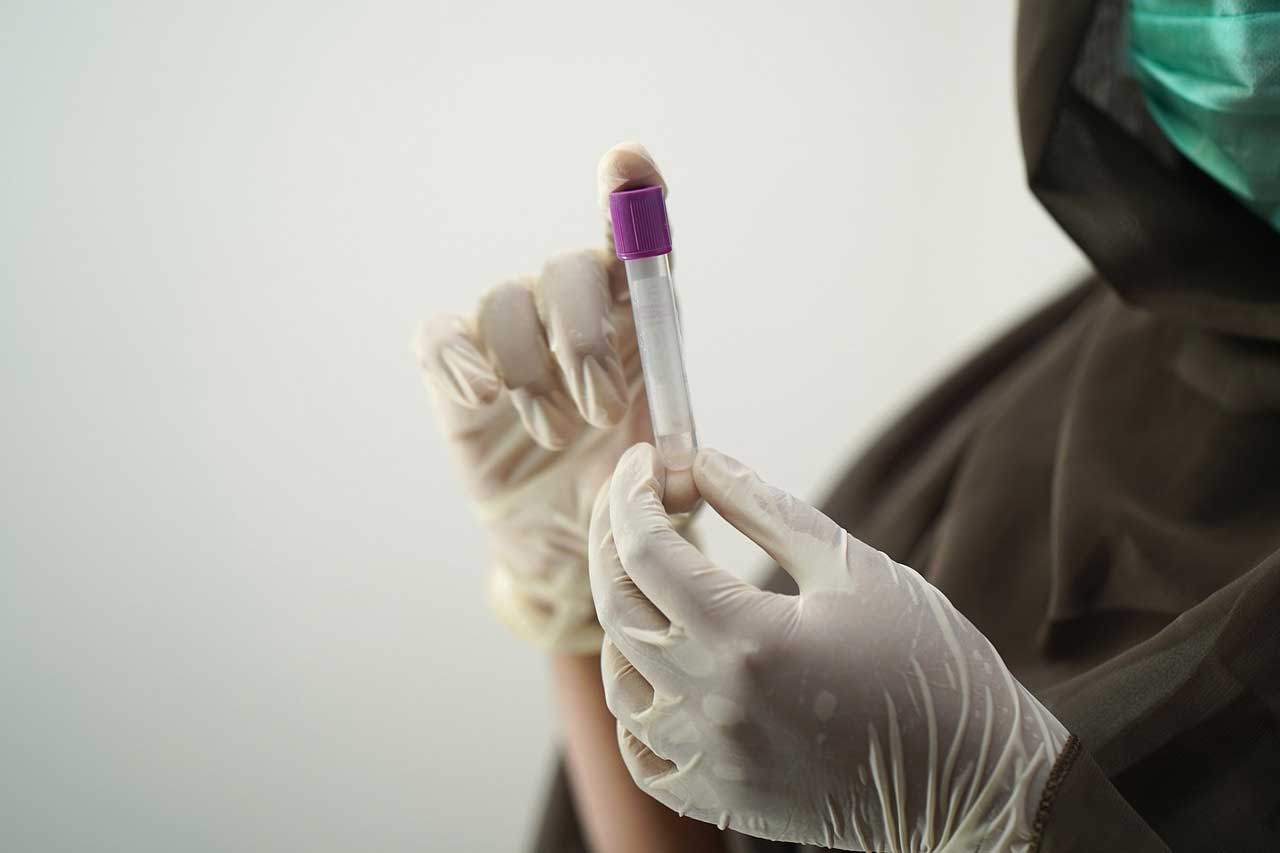
A new research has come to light, and it promises never-before-seen ways to manage cancer detection in the population with something as simple as a “liquid biopsy” blood test.
The research has come straight from Weill Cornell Medicine and New York Genome Center investigators.
Their findings, published on April 11th, 2025 has found a “new, error-corrected method for detecting cancer from blood samples” which “is much more sensitive and accurate than prior methods and may be useful for monitoring disease status in patients following treatment.”
According to the Nature Methods a monthly peer-reviewed scientific journal, the method works with the whole-genome sequencing of DNA and promises to pave the way in routine blood test-based screening for early cancer detection.
What is whole-genome sequencing of DNA?
For those unfamiliar with the process of whole-genome sequencing, the CDC describes it as “a laboratory procedure that determines the order of all, or most, of the nucleotides in the genome of these disease-causing microbes.”
The Research
According to senior, author and oncologist Dr. Dan Landau, from the Bibliowicz Family Professor of Medicine, adding an error-correcting method to this approach has shown positive results.
“We're now entering an era of low-cost DNA sequencing,” the core faculty member of the New York Genome Center said. “And in this study, we took advantage of that to apply whole-genome sequencing techniques that in the past would have been considered wildly impractical.”
All in all “these results allow us to think about a future in which we can detect and track cancer from blood tests alone.”
This is not Landau laboratory’s first attempt at whole-genome sequencing, because last year advanced forms of melanoma and lung cancer were successfully detected via patient blood samples despite having no access to sequence data from tumor samples.
For those unversed, identifying with accuracy and sensitivity the mutational signatures of cancer from tiny concentrations that are usually present in blood samples has posed a great issue in the past.
Low Cost Blood-Test Based Cancer Testing A Possibility?
Hence this new study proves low cost testing might be a reality in the near future, and it’s made possible by using patient mutational patterns from the past, which have been obtained via informed consent per the study.

Right now, the strategy is making it even safer because scientists can now use “redundant information in natural two-stranded DNA” which will make it feasible, in principle at least, for blood samples to be used without access to patient tumors even in the early stages for bladder cancer and melanoma.
The chief research officer of the Englander Institute for Precision Medicine and urologic oncologist, Dr. Bishoy M. Faltas, claims, “This collaboration allowed us to analyze circulating tumor DNA from patients with bladder cancer and identify the distinct mutational signatures that my lab has extensively studied.”
“Incorporating these signatures into the analysis significantly increased the sensitivity of circulating tumor DNA detection.”
A similar statement by Dr. Alexandre Cheng, a postdoctoral researcher in the Landau laboratory explained how big a leap, this approach will be for future cancer detection.
Because now “we were able, for example, to see increases in circulating tumor DNA levels after treatment in patients with cancers that progressed or recurred, and declines in those levels in patients whose cancers had full or partial responses.”















